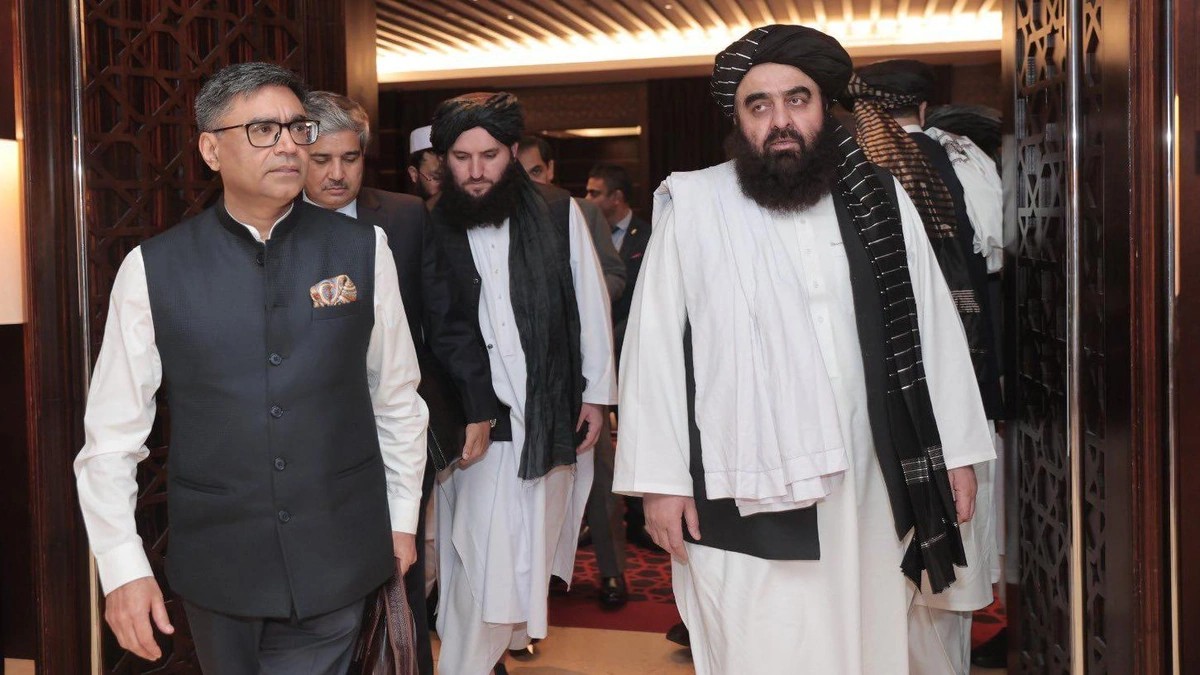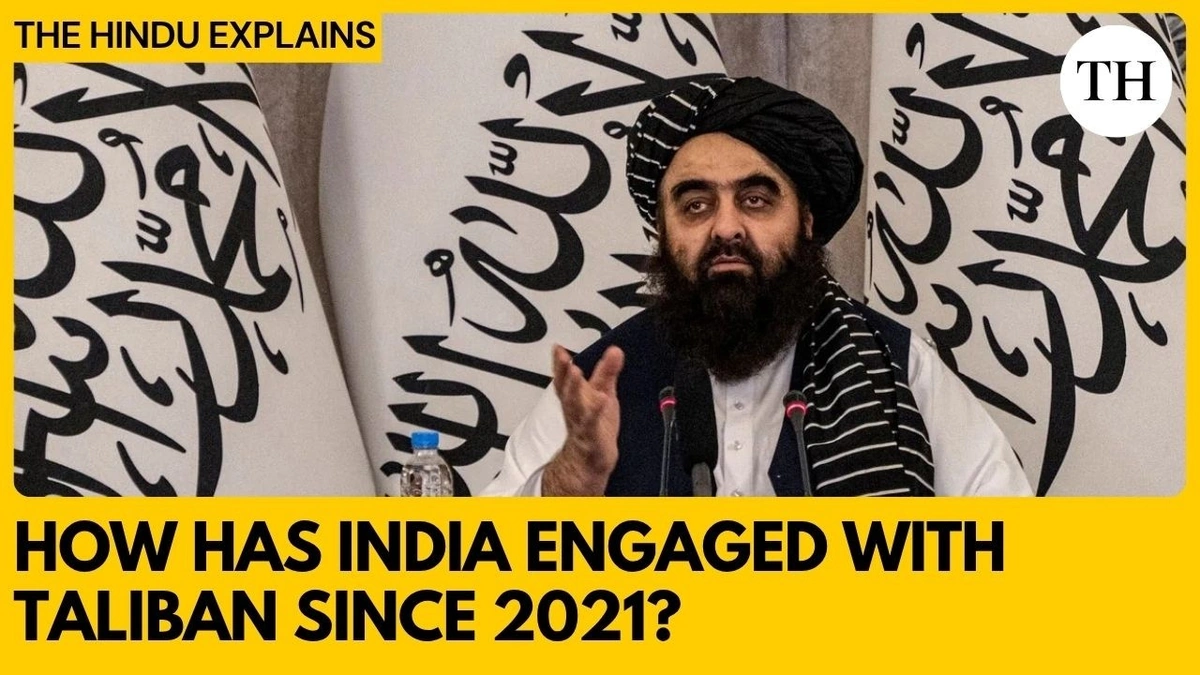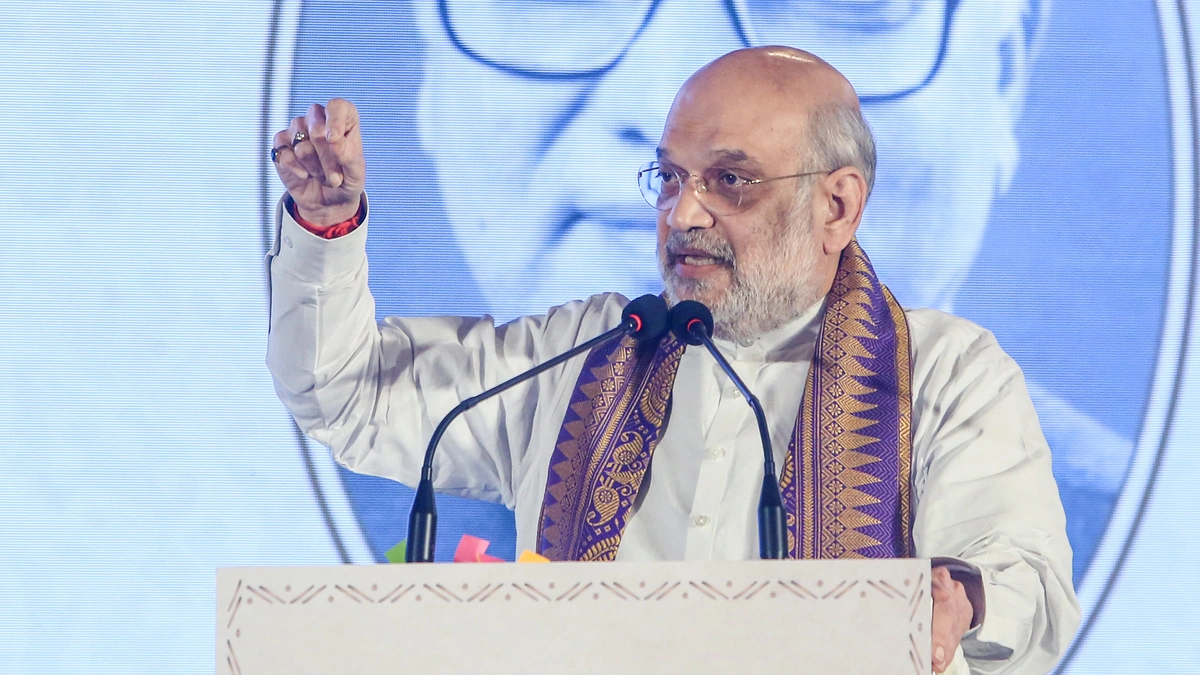Jaishankar-Muttaqi Meeting | Will India Recognize the Taliban Government?
So, India and the Taliban. It’s a relationship that feels like walking a tightrope, isn’t it? On one side, you’ve got historical ties, trade interests, and the well-being of Afghans. On the other, a regime that, let’s be honest, isn’t exactly winning popularity contests in the international community. External Affairs Minister S. Jaishankar’s meeting with Taliban’s acting Foreign Minister Amir Khan Muttaqi raises a huge question: Will India recognize the Taliban government?
The short answer? It’s complicated. Very complicated. India’s approach has been cautious, balancing humanitarian aid with a firm stance on terrorism and inclusivity. But this meeting? This could signal a subtle but significant shift. Let’s unpack it, shall we? What’s really going on here?
Why This Meeting Matters | More Than Just a Handshake
Here’s the thing: meetings like these aren’t just about pleasantries. They’re about signaling intent. The Jaishankar-Muttaqi meeting, held on the sidelines of the Shanghai Cooperation Organisation (SCO) summit, is a clear indicator that India is keeping channels of communication open with the Taliban regime . But why? What’s the underlying strategy? One reason is regional security.
Afghanistan’s instability is a problem for everyone in the neighborhood. A chaotic Afghanistan can become a breeding ground for terrorist groups, posing a direct threat to India. By engaging with the Taliban, India hopes to influence their actions, pushing them to crack down on these groups and ensure that Afghan soil isn’t used for anti-India activities. According to various sources, this dialogue also provides an opportunity to discuss the safety and well-being of Indian nationals residing in Afghanistan.
India’s Cautious Approach | Aid, Not Endorsement
India hasn’t completely shut the door on Afghanistan. Instead, it’s been providing humanitarian assistance – sending food, medicine, and other essential supplies. India’s focus has been on directly helping the Afghan people, signaling that its problem isn’t with them, but with the Taliban’s policies. As reported by reputable news outlets, India has also invested in various development projects in Afghanistan, and is trying to ensure these investments continue to serve the local population. This approach allows India to maintain a degree of influence without legitimizing the Taliban government.
The China Factor | A Regional Chessboard
Let’s not forget the elephant in the room: China. China has been actively engaging with the Taliban, eyeing Afghanistan’s mineral resources and strategic location. India can’t afford to let China have a free run in Afghanistan. Engagement, even limited engagement, is a way to keep an eye on things and protect its own interests. Consider this a complex dance in the Great Game of geopolitics.
Plus, a stable and cooperative relationship with Afghanistan could potentially be crucial for India’s connectivity projects, such as the Chabahar Port project, which offers India access to Central Asia bypassing Pakistan. This is an important factor in India Afghanistan relations.
What Would Recognition Actually Mean?
Okay, so let’s say India did recognize the Taliban government. What would that actually entail? Well, it would mean establishing formal diplomatic relations, exchanging ambassadors, and treating the Taliban as the legitimate rulers of Afghanistan. This would have significant implications, both domestically and internationally.
Domestically, it could spark controversy, given concerns about the Taliban’s human rights record and treatment of women. Internationally, it could influence other countries’ decisions on whether or not to engage with the Taliban. It’s a move that would require careful consideration and a broad consensus.
The one thing you absolutely must know is that formal recognition of the Taliban government is not the same thing as engagement. India can engage with the Taliban leadership for practical reasons such as ensuring regional security and protecting its interests in Afghanistan without necessarily recognizing their legitimacy as the official government. India’s foreign policy has often been characterized by pragmatism and a focus on national interests. Such engagement does not automatically imply endorsement or validation of the Taliban’s ideology or methods.
The Future of India-Taliban Relations | A Balancing Act
So, will India recognize the Taliban government? The honest answer is, no one knows for sure. The Jaishankar-Muttaqi meeting is a step, but it’s just one step in a long and complex process. India will likely continue to tread carefully, balancing its strategic interests with its values and concerns about human rights. It’s a delicate balancing act, and the stakes are high.
A common mistake I see people make is assuming that engagement equals endorsement. India’s approach is more nuanced than that. It’s about protecting its interests, promoting regional stability, and ensuring the well-being of the Afghan people – all while keeping a watchful eye on the evolving geopolitical landscape .
The one thing you absolutely must double-check is the source of information when evaluating the relations between the two countries. Rely on credible news outlets and avoid spreading any misinformation. It’s crucial for maintaining a balanced and factual understanding. You will find details on India’s humanitarian assistance on theMinistry of External Affairs website.
FAQ Section
Frequently Asked Questions
What is India’s official stance on the Taliban government?
India has not formally recognized the Taliban government. Its approach involves providing humanitarian aid to the Afghan people while engaging in cautious dialogue with the Taliban for regional security.
Why is India engaging with the Taliban despite not recognizing their government?
Engagement is primarily for regional security, to address terrorism concerns, and to protect India’s interests and investments in Afghanistan. It doesn’t imply recognition .
What are the main concerns preventing India from recognizing the Taliban?
Concerns include the Taliban’s human rights record, particularly the treatment of women and minorities, and the need for an inclusive government in Afghanistan.
How does China’s involvement in Afghanistan affect India’s approach?
China’s growing influence in Afghanistan is a factor. India needs to balance China’s presence and ensure its strategic interests are not compromised.
What conditions would need to be met for India to consider recognizing the Taliban?
Significant improvements in human rights, inclusive governance, and assurances that Afghan soil won’t be used for terrorism against India would be essential.
What are the implications of the Jaishankar-Muttaqi meeting?
The meeting signals a willingness to maintain dialogue, address concerns, and potentially explore areas of cooperation without necessarily implying formal recognition.
So, that’s the situation. It’s a complex issue with no easy answers. But what fascinates me is how India manages to navigate these murky waters, balancing its interests with its values. It’s a story worth watching.













